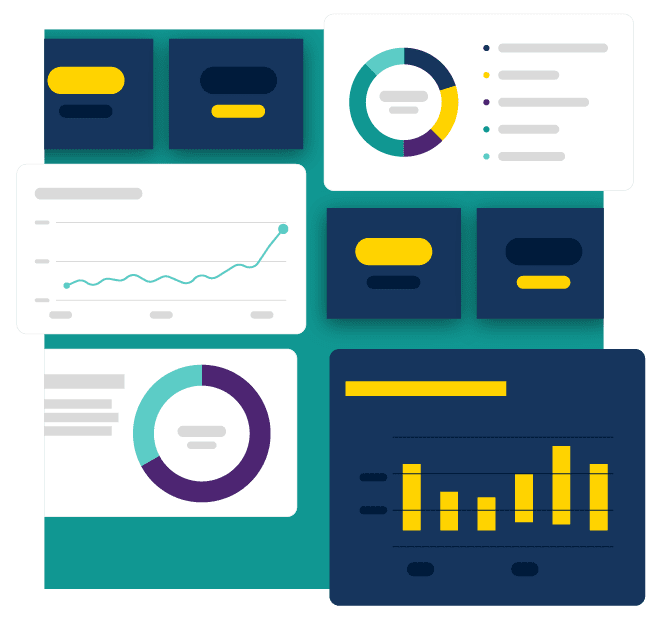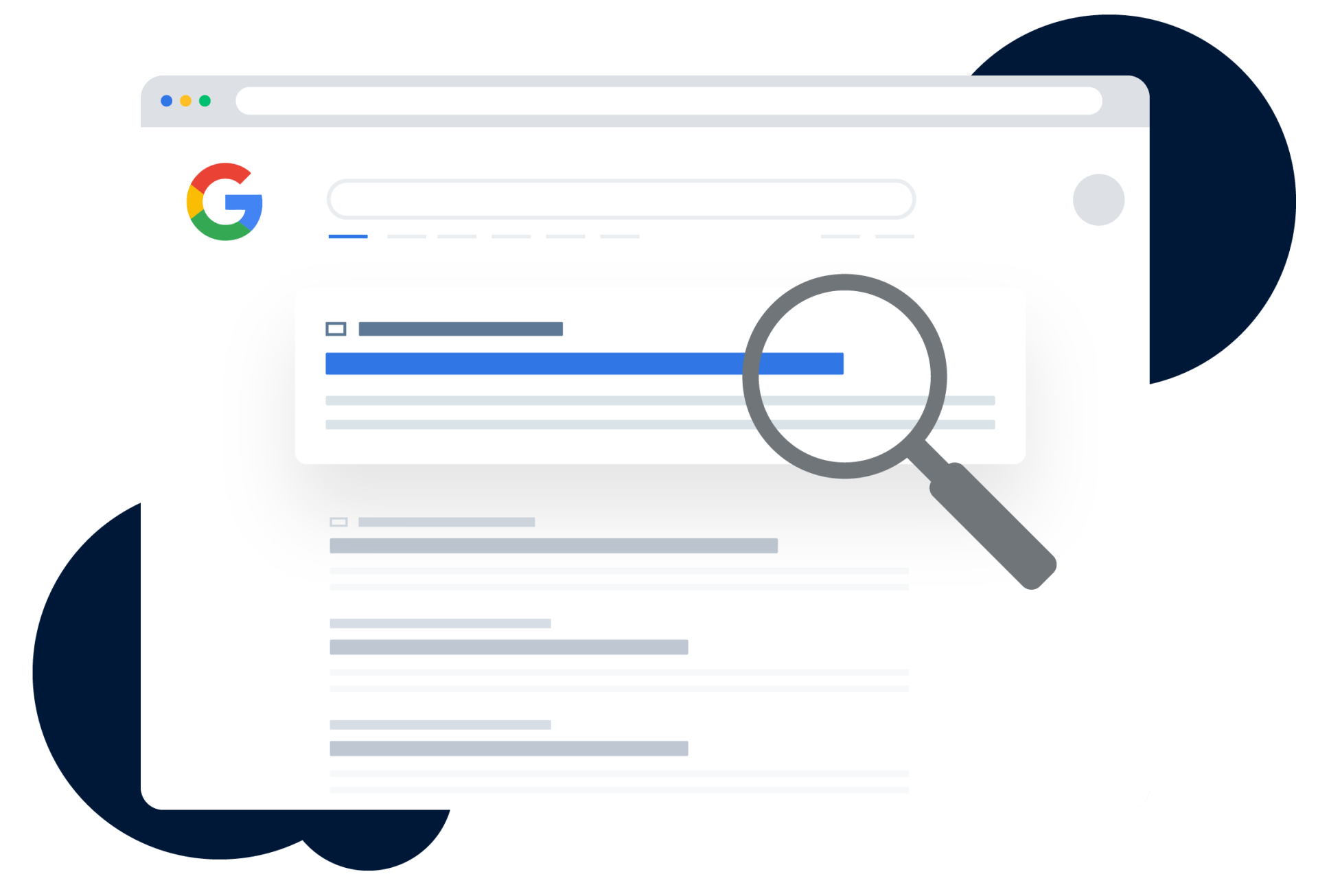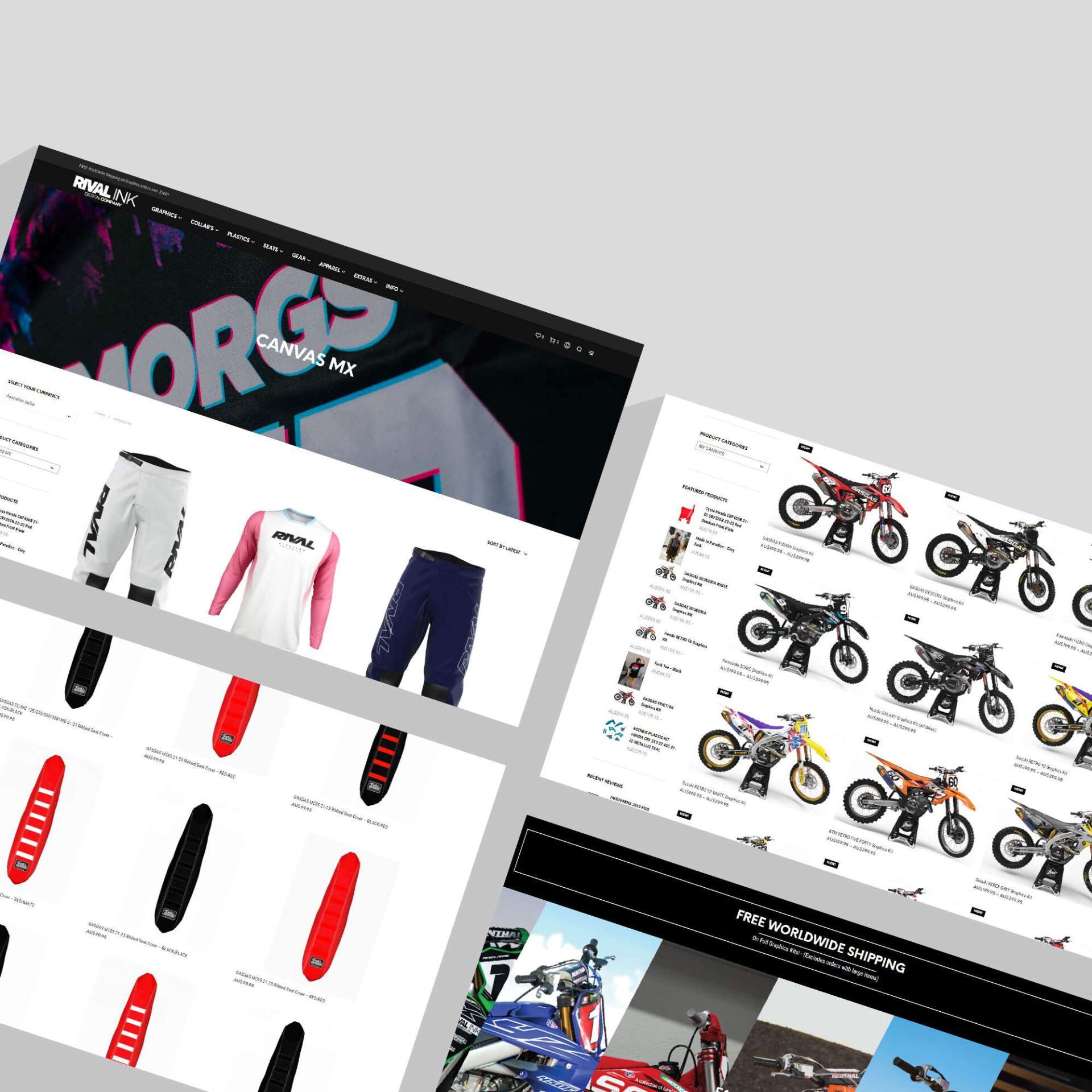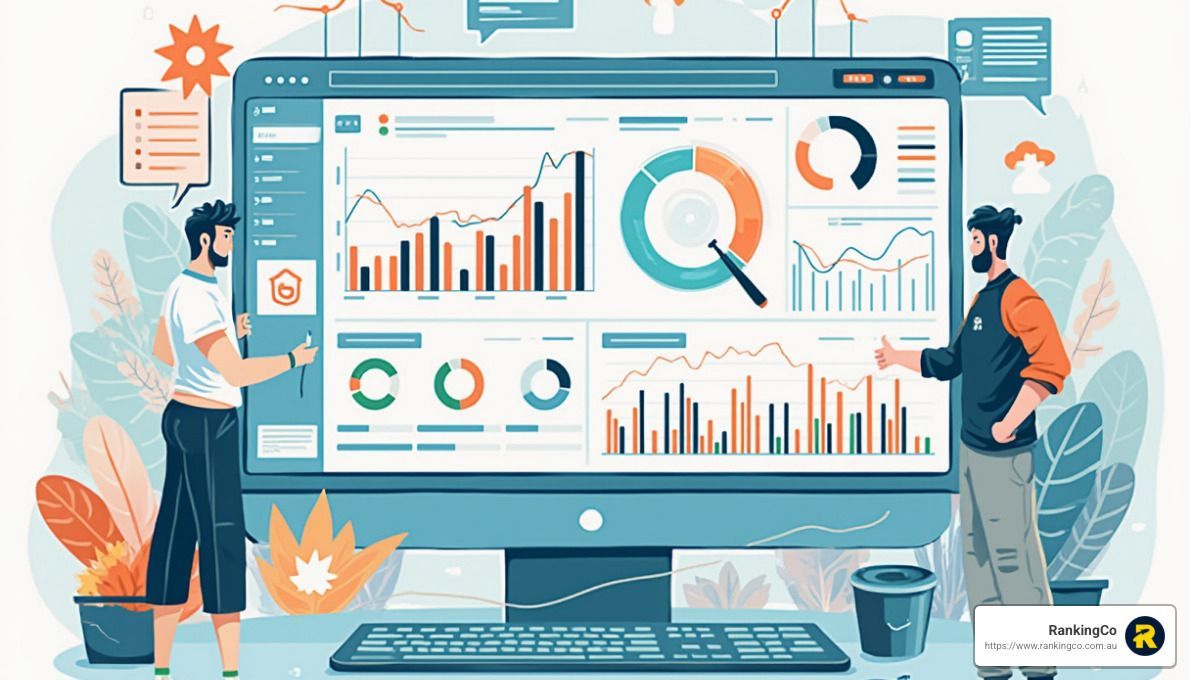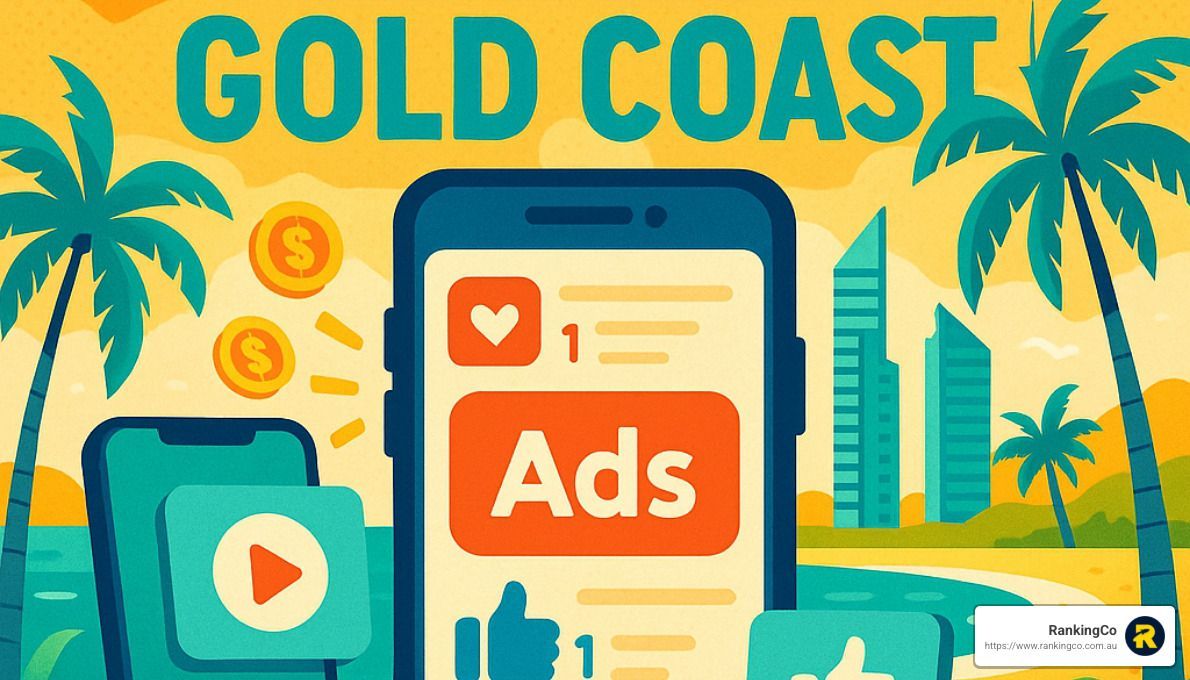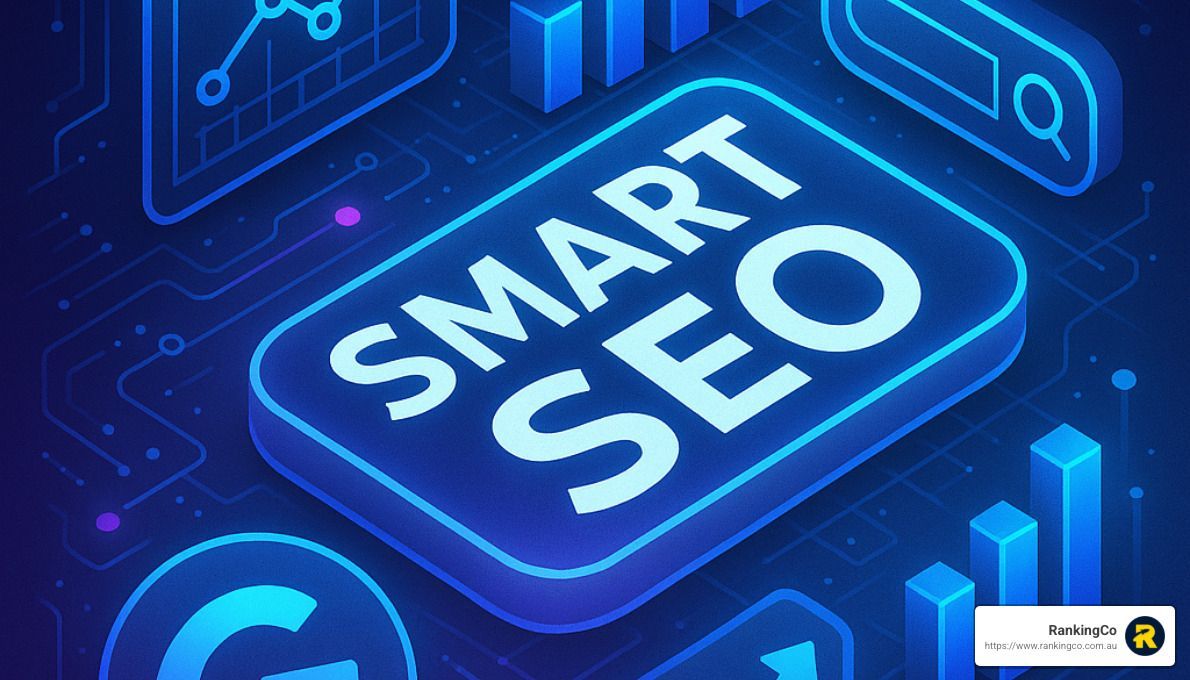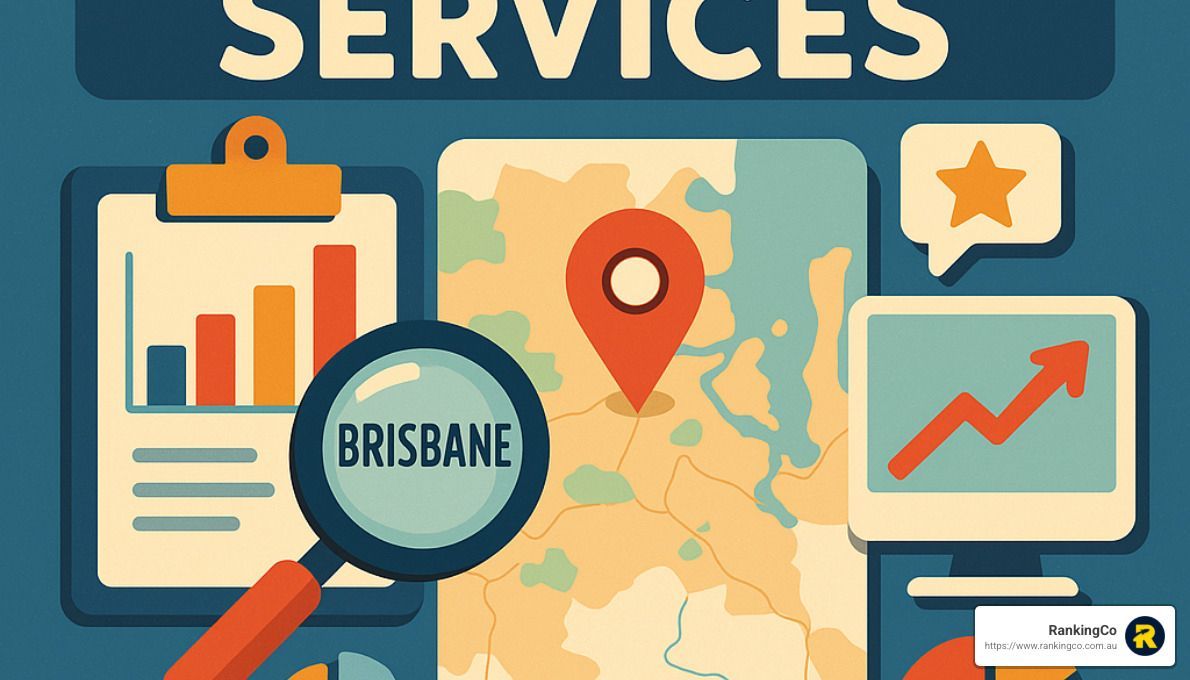Platform Power: The Best Ad Management Tools for E-commerce
The Australian e-commerce market is thriving, with a projected growth rate of 5.3% annually from 2024 to 2032. Valued at USD 30.51 billion in 2023, the market is expected to reach nearly USD 48.79 billion by 2032.
Key factors propelling this growth include robust internet penetration, a shift towards digital shopping, and consumer demand across sectors like groceries, home appliances, and consumer electronics.
Leading players such as Amazon, Kogan, Woolworths, and Coles dominate the market, while mobile commerce continues to grow as more shoppers turn to smartphones for their purchases.
Here's a quick look at key strategies for effective ecommerce ads management:
- Data-driven marketing: Use analytics to make informed decisions.
- Personalised campaigns: Tailor ads based on user behaviour for better engagement.
- Cross-platform integration: Utilise multiple channels, like social media and video ads, to reach a broader audience.
- Continuous testing and optimisation: Adjust ad campaigns based on their performance to maximise ROI.
E-commerce growth has transformed the retail industry, with players like Amazon becoming major advertising platforms, collectively driving market innovation. Yet, as more businesses enter this space, competition intensifies. It's not just about having an online presence but thriving through strategic and targeted digital advertising. Advanced tools like RollWorks and Adstream are helping brands engage more visitors and refine ad strategies to capture attention effectively.
I'm Kerry Anderson, a digital marketing strategist with over 15 years of experience in ecommerce ads management. I've dedicated my career to helping businesses leverage digital channels to improve their visibility and boost sales. Let's dive deeper into how strategic ad management can revolutionise your eCommerce success.
Understanding Ecommerce Ads Management
In the busy digital world, ecommerce ads management acts as the backbone for online retail success. It's not just about placing ads online; it's about crafting a seamless journey from the first click to the final purchase. Let's break down the essentials of effective ads management in e-commerce.
Campaign Management
Campaign management is the heart of any successful advertising strategy. It involves planning, executing, and optimizing ad campaigns to achieve specific business goals. A well-managed campaign ensures that ads reach the right people at the right time, using the most effective channels.
- Targeted Strategies: Use precise targeting to reach users who are actively searching for your products. For instance, Google Ads offers powerful tools to target keywords and demographics, essential for driving traffic and sales.
- Budget Control: Flexibility in budgeting allows businesses to allocate resources where they matter most. This ensures that spending aligns with the campaign's performance and objectives.
- Performance Monitoring: Regularly track key performance indicators (KPIs) like CTR and conversion rates. This data-driven approach helps in making informed decisions to optimize campaigns continuously.
User Experience
User experience (UX) is crucial in converting clicks into customers. A positive UX ensures that potential customers have a smooth journey from the moment they see an ad to the point of purchase.
- Compelling Ad Copy: Ads should be eye-catching and resonate with the audience. Use persuasive language and highlight unique selling points to engage users.
- Optimized Landing Pages: Directing users to a relevant and user-friendly landing page is vital. A well-designed landing page improves the buying experience, increasing the likelihood of conversion.
- Mobile Optimization: With the growing number of mobile shoppers, ensuring ads and landing pages are mobile-friendly is essential for capturing this audience.
Logistics
Efficient logistics support the entire advertising ecosystem, ensuring that the operational side of e-commerce runs smoothly.
- Inventory Management: Keep product availability and pricing up-to-date to avoid customer dissatisfaction. Automated systems can help manage these updates efficiently.
- Crisis Response Plans: Be prepared for any disruptions. Having a crisis management plan in place ensures quick resolution of issues, maintaining customer trust and brand reputation.
- Promotional Calendars: Aligning promotions with ad campaigns can drive significant traffic and sales. A well-planned promotional calendar helps in capitalizing on peak shopping seasons.
In summary, mastering ecommerce ads management involves a strategic blend of campaign management, user experience improvement, and logistical efficiency. By focusing on these elements, businesses can create impactful ad campaigns that not only reach but also convert their target audience.
Top 5 Ad Management Tools for E-commerce
Google Ads
Why it’s great: Google Ads is the top choice for businesses aiming to connect with potential customers through targeted search, display, and shopping ads. Its vast network includes Google Search, YouTube, and millions of websites, offering unmatched reach and precision.
- Targeted Keywords: Display your ads to users searching for terms directly related to your products.
- Pay-Per-Click (PPC): Pay only when someone clicks on your ad, making it budget-friendly.
- Comprehensive Analytics: Measure clicks, conversions, and other metrics to fine-tune your campaigns. Best for: Businesses that want to reach a broad audience and benefit from detailed analytics.
Meta Ads (Facebook and Instagram)
Why it’s great: Meta Ads Manager lets businesses connect with users on Facebook, Instagram, and the wider Meta network. It offers fine-tuned audience targeting and diverse ad formats.
- Precise Targeting: Reach people based on demographics, interests, and even past interactions.
- Versatile Formats: Use images, videos, and carousel ads to engage viewers and drive action.
- Spending Control: Set flexible budgets to manage costs effectively.
Best for: E-commerce brands focused on visual storytelling and building strong community connections.
Shopify Plus (With Ads Integration)
Why it’s great: Shopify Plus offers a seamless experience for managing ads directly from your store's backend.
- Integrated Ad Management: Run Facebook and Google Ads without leaving your Shopify dashboard.
- Product Feed Automation: Keep your product catalogue updated for shopping ads.
- Optimised Ads for Shopify: Ads automatically fit your Shopify store’s design and product pages.
- Comprehensive Analytics: Monitor ad success and tweak campaigns using sales data.
Best for: Shopify Plus merchants wanting a streamlined, all-in-one solution for both store and ad management.
AdDash
Why it’s great: AdDash is a rising star in ad management, making it easy to run and optimise campaigns across multiple platforms like Google, Facebook, and Instagram. Its user-friendly design and smart automation features are ideal for small to medium e-commerce businesses aiming to grow their ad efforts.
- Cross-Platform Campaign Management: Handle ads on Google, Meta, and more from a single dashboard.
- Automated Optimisation: Leverage machine learning to fine-tune bids and ad creatives based on performance.
- Analytics Dashboard: Access clear and actionable insights with simple metrics and reporting tools.
- Performance Tracking: Keep an eye on crucial metrics such as ROI, customer lifetime value, and conversions.
Best for: Smaller businesses seeking a cost-effective and intuitive solution for managing ads across various platforms.
Incorporating these tools into your ecommerce ads management strategy can significantly improve your advertising efforts. By leveraging their unique features, businesses can reach their target audience more effectively and achieve better results.
Key Features of Effective Ad Management Tools
When it comes to ecommerce ads management, the right features can make all the difference. Here are the key features that effective ad management tools should offer:
Automation
Automation is a game-changer for managing ad campaigns efficiently. It allows businesses to set rules and let the software handle repetitive tasks. This not only saves time but also reduces the risk of human error.
For instance, tools that offer automated bidding strategies use algorithms to optimize bids based on performance data. Google's Smart Bidding is a prime example, using machine learning to adjust bids for conversions. This ensures that your ads are always performing at their best without constant manual adjustments.
Analytics
Data is power. Ad management tools with robust analytics capabilities provide insights that drive better decision-making. By tracking performance metrics like Click-Through Rate (CTR), conversion rates, and Return on Investment (ROI), businesses can understand what works and what doesn’t.
Tools with advanced analytics offer customized reporting, allowing you to focus on metrics that matter most to your business goals. They also provide visual data through charts and graphs, making it easier to spot trends and make informed decisions.
User Control
User control is crucial for tailoring ad campaigns to specific needs. Effective tools offer features that allow users to manage every aspect of their campaigns. This includes setting budgets, choosing ad formats, and targeting specific audiences.
For example, platforms that provide geo-targeting enable businesses to focus their ads on specific locations, whether it's a local community or a global market. This ensures that your advertising efforts are reaching the right people.
Additionally, user control extends to the ability to test and optimize. A/B testing features allow businesses to experiment with different ad elements to find the most effective combinations. This continuous optimization leads to better performance and higher conversion rates.
By focusing on these key features, businesses can lift their ecommerce ads management strategies and achieve greater success in their advertising efforts.
Frequently Asked Questions about Ecommerce Ads Management
What is ecommerce campaign management?
Ecommerce campaign management is the process of planning, executing, and monitoring online advertising campaigns to achieve business goals. This involves setting clear objectives, such as increasing sales or boosting brand awareness, and then taking specific actions to meet these objectives.
Campaign actions include selecting the right platforms, targeting the appropriate audience, and choosing the best ad formats. For example, a business might choose to run a campaign on Google Ads to reach users actively searching for their products, while also using social media ads to engage a broader audience with visually appealing content.
A well-managed campaign ensures that every dollar spent on advertising contributes to reaching the desired outcome, whether it's driving traffic to a website or increasing conversions.
Which platform is best for ecommerce ads?
Choosing the best platform for ecommerce ads depends on your target audience and business goals. RankingCo Ads is highly recommended for search advertising due to its ability to deliver high Return on Ad Spend (ROAS). It excels in reaching users who are already searching for products similar to yours, making it ideal for direct sales goals.
Social Media Ads Manager, on the other hand, offers excellent audience targeting and video options. It's perfect for businesses looking to build brand awareness and engage users through interactive content. With its budget control features, you can effectively manage your ad spend across different social media platforms.
For those exploring new markets, Alternative Search Ads can help reach a diverse audience. These platforms often have less competition, which can lead to higher Click-Through Rates (CTR) and better ad placements.
What is the CPM pricing structure?
CPM, or Cost Per Thousand Impressions, is a pricing model used in digital advertising where advertisers pay a set fee for every 1,000 impressions their ad receives. This model is often used in display advertising and is beneficial for campaigns focused on brand awareness rather than direct conversions.
Affiliate networks often use the CPM model to monetize traffic by displaying ads to a large audience. This can be a cost-effective way to reach a wide audience, especially when combined with targeted strategies to ensure the right people see your ads.
Understanding the CPM structure can help businesses allocate their advertising budget more effectively, ensuring that they get maximum exposure without overspending.
Conclusion
In the rapidly evolving world of digital marketing, staying ahead of the competition requires innovation and a deep understanding of emerging technologies. At RankingCo, we pride ourselves on leveraging advanced AI technologies to improve our digital marketing strategies. This approach allows us to stay at the cutting edge, offering our clients unparalleled insights and results.
AI technologies play a pivotal role in our strategy, helping us analyse market trends with precision and create campaigns that are not only effective but also efficient. By using AI, we can predict consumer behaviour, optimise ad placements, and adjust strategies in real-time to ensure the best outcomes for our clients.
Our focus on targeted advertising through platforms like Google Ads, Meta Ads, and Bing Ads, combined with our exceptional SEO services, positions us as a leader in the industry. We understand that each business is unique, which is why we tailor our strategies to meet the specific goals and needs of our clients.
By integrating AI into our ecommerce ads management, we provide our clients with a competitive edge, ensuring their ads reach the right audience at the right time. This not only maximises their Return on Ad Spend (ROAS) but also boosts their overall brand presence online.
In a digital landscape that is constantly changing, RankingCo remains committed to innovation and excellence. Our use of AI technologies is just one of the ways we continue to set new benchmarks in performance and results, helping our clients achieve their business goals efficiently and effectively.
By partnering with us, businesses can steer the complexities of digital advertising with confidence, knowing they have a dedicated team that is always looking ahead to the next big opportunity.
